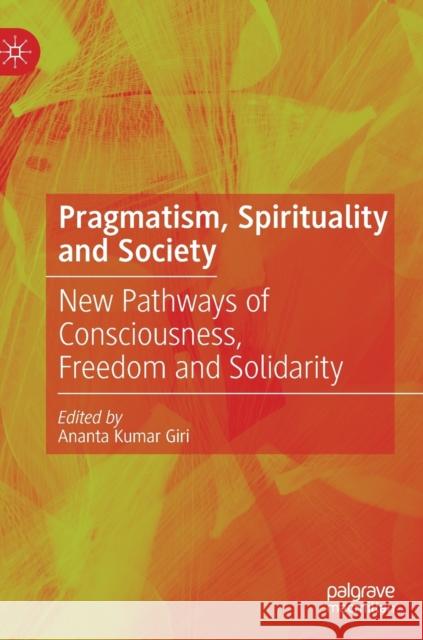Pragmatism, Spirituality and Society: New Pathways of Consciousness, Freedom and Solidarity » książka
topmenu
Pragmatism, Spirituality and Society: New Pathways of Consciousness, Freedom and Solidarity
ISBN-13: 9789811571138 / Angielski / Twarda / 2021 / 329 str.
Pragmatism, Spirituality and Society: New Pathways of Consciousness, Freedom and Solidarity
ISBN-13: 9789811571138 / Angielski / Twarda / 2021 / 329 str.
cena 450,85 zł
(netto: 429,38 VAT: 5%)
Najniższa cena z 30 dni: 450,85 zł
(netto: 429,38 VAT: 5%)
Najniższa cena z 30 dni: 450,85 zł
Termin realizacji zamówienia:
ok. 16-18 dni roboczych.
ok. 16-18 dni roboczych.
Darmowa dostawa!
Kategorie:
Kategorie BISAC:
Wydawca:
Palgrave MacMillan
Język:
Angielski
ISBN-13:
9789811571138
Rok wydania:
2021
Wydanie:
2021
Ilość stron:
329
Waga:
0.58 kg
Wymiary:
21.01 x 14.81 x 2.06
Oprawa:
Twarda
Wolumenów:
01
Dodatkowe informacje:
Wydanie ilustrowane











